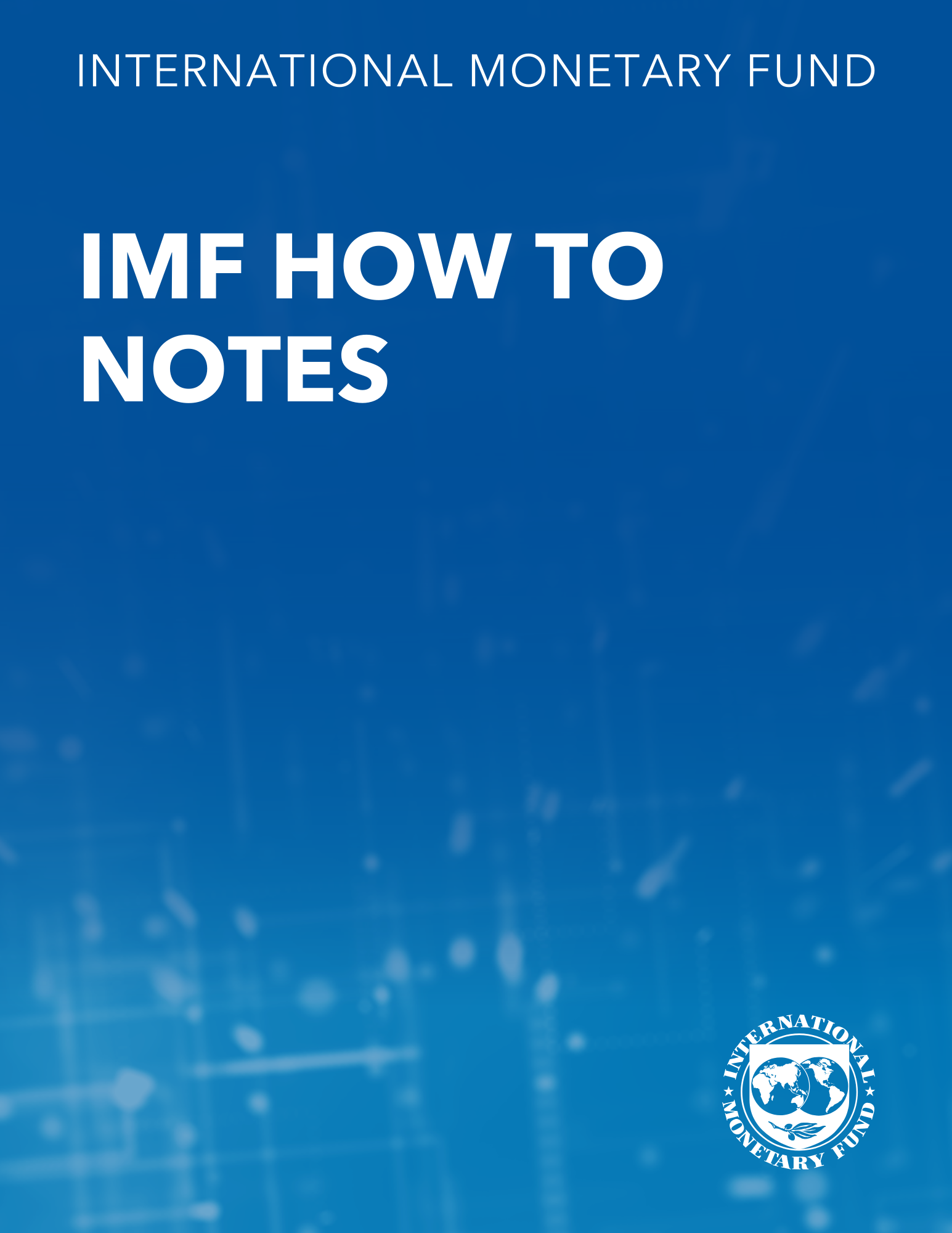Remittances: An Automatic Output Stabilizer?
April 1, 2009
Disclaimer: This Working Paper should not be reported as representing the views of the IMF.The views expressed in this Working Paper are those of the author(s) and do not necessarily represent those of the IMF or IMF policy. Working Papers describe research in progress by the author(s) and are published to elicit comments and to further debate
Summary
Remittance flows appear to be falling worldwide for the first time in decades as a result of the ongoing financial turmoil. It is suspected that the drop in remittance income into developing and emerging markets will have a destabilizing effect on these economies. The paper estimates the impact of remittances on output stability for countries that are dependent on these income flows. Using a sample of 70 countries, including 16 advanced economies and 54 developing countries, we find robust evidence that remittances have a negative effect on output growth volatility of recipient countries. This result supports the notion that remittance flows are a stabilizing influence on output. Thus, the fall in remittances precipitated by the ongoing global financial crisis could potentially increase output variability in recipient countries. This would present a hard challenge for governments in those countries already suffering from the crisis: they must resort to an already stressed and limited set of policy instruments, such as fiscal policy, to counter the resulting adverse economic and social impacts of lower remittances.
Subject: Estimation techniques, Government consumption, Income, Outward remittances, Remittances
Keywords: GDP, remittance, remittance flow, remittance inflow, WP
Pages:
31
Volume:
2009
DOI:
---
Issue:
091
Series:
Working Paper No. 2009/091
Stock No:
WPIEA2009091
ISBN:
9781451872385
ISSN:
1018-5941






